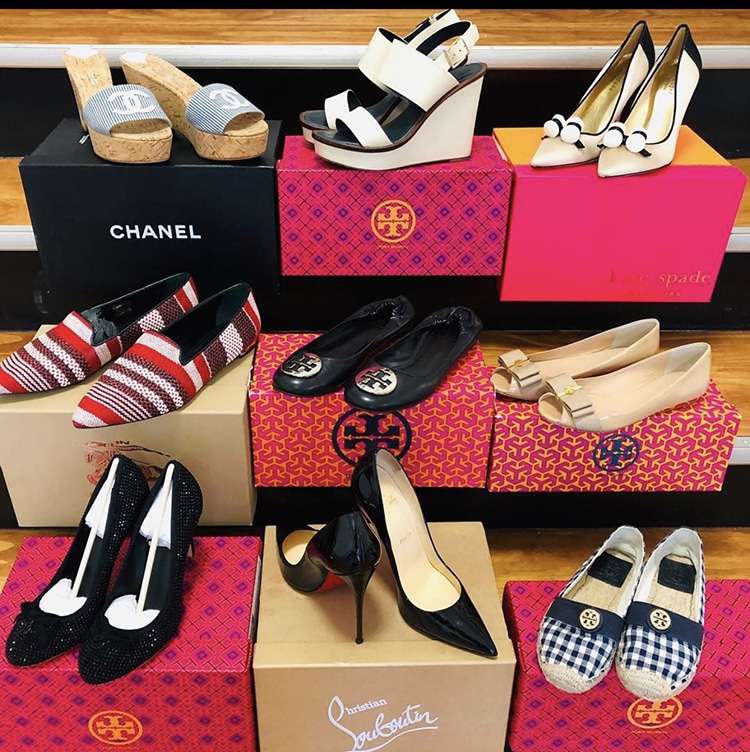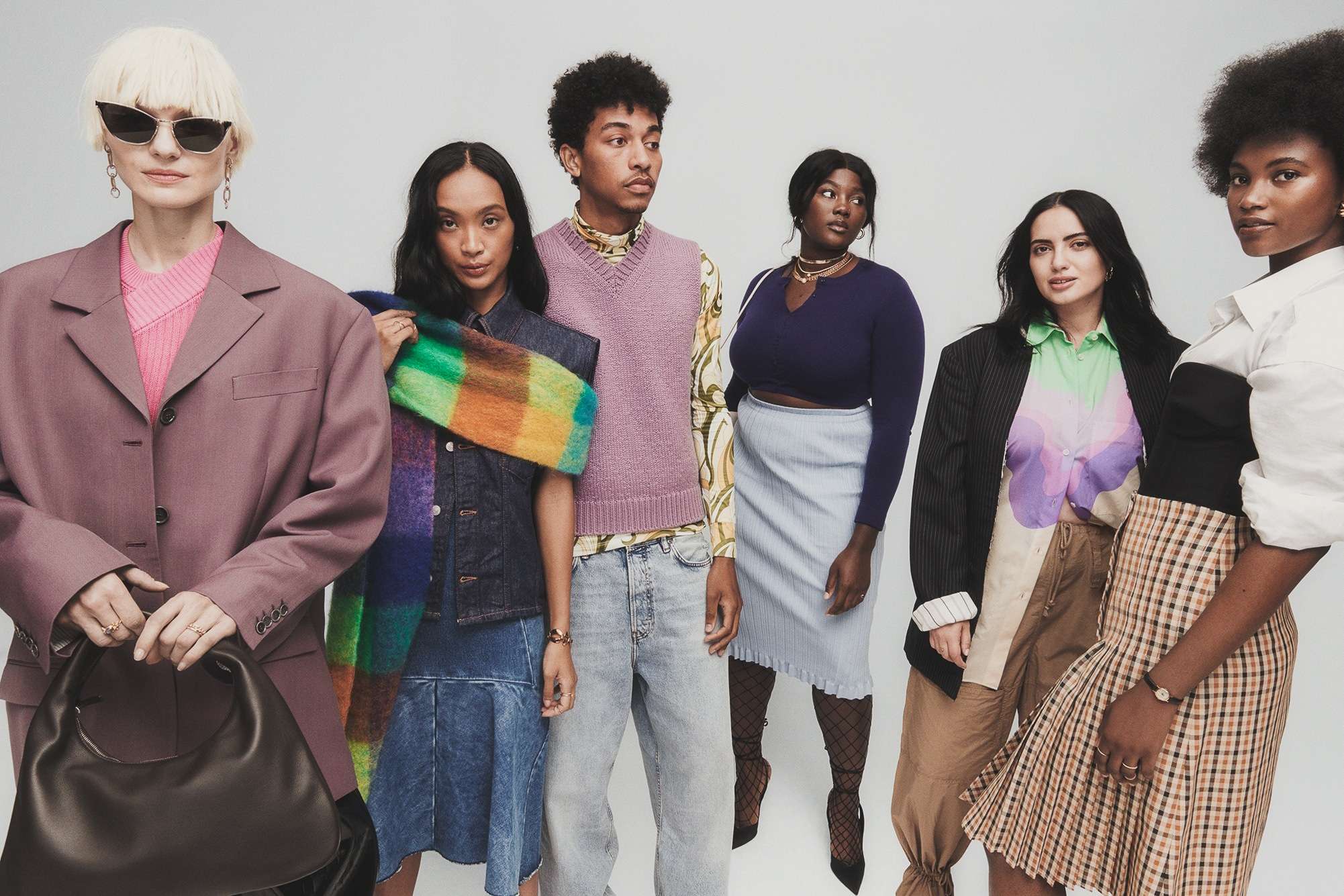With the secondhand fashion market set to outpace fast fashion by 2030, The Vestiaire Collective roots into the U.S. market with the acquisition of Tradesy.
Secondhand market leaders The Vestiaire Collective and Tradesy are now one company aimed at boosting the global resale fashion market. Vestiaire Collective announced yesterday that it had acquired Tradesy, the top U.S.-based luxury resale platform founded by Tracy DiNunzio in 2009, for an undisclosed amount.
The companies say their combined communities now total more than 23 million users, more than five million items, and gross merchandise value of more than $1 billion.
As the demand for sustainable luxury continues to climb, the leading French secondhand luxury platform, The Vestiaire Collective, has been growing by leaps and bounds, earning a valuation of more than $1 billion. Gucci parent company Kering now owns five percent of the platform, driving the $216 million funding round last summer.
Joining forces
“Today’s transaction is a key milestone for the luxury fashion resale industry,” Maximilian Bittner, CEO of Vestiaire Collective, said in a statement. “By joining forces with [DiNunzio] and her team, we continue to empower our customers to drive change by making second-hand fashion a first choice. With this transaction, we confirm Vestiaire Collective’s ambition to be a truly global player, promoting circularity in Europe, the US and Asia-Pacific.”
The acquisition will bring Vestiaire Collective to Los Angeles in a big way; Tradesy is based out of Santa Monica. Vestiaire Collective says it now plans to open an authentication center in Los Angeles. It will be its second in the U.S. and fifth overall. A technology hub will also be created in Los Angeles, aimed at providing “invaluable expertise” for the combined businesses.
“With such strategic scale and operational setup, the combined company will be very well-positioned to grow its share of environmentally friendly local-to-local transactions in the US,” the companies said.

“We have been very impressed with the great achievements of [DiNunzio] and the Tradesy team over the years and are very excited by the opportunity to work together to accelerate the change in the way people consume fashion,” Fanny Moizant, founder and President of Vestiaire Collective, said. “We are particularly enthusiastic about the scale we are reaching together and the associated benefits in the highly attractive US market.”
Tradesy has been effective in driving peer-to-peer luxury fashion resale. Since launching more than a decade ago, it has sold more than $2 billion worth of pre-owned fashion to its member community of more than seven million.
“Fanny, Max and their great team have done a spectacular job positioning Vestiaire Collective as the leading marketplace in our global industry,” DiNunzio said. “With today’s transaction, we are positioned to significantly improve the experience of US fashion customers. The Tradesy team and I are thrilled to pursue our shared mission together with the incredibly talented team at Vestiaire Collective.”
Bittner and Moizant will continue to serve in their current roles for Vestiaire Collective and the combined efforts, and DiNunzio will take on the role of CEO of U.S. operations for both platforms. The companies say they will progressively merge to allow for sharing of best practices and “support accelerated growth in the U.S. market.”
Secondhand fashion market
Vestiaire Collective says it expects to dramatically increase its U.S. presence as a result of the acquisition, building on Tradesy’s understanding of the market. Vestiaire Collective is a leader in authentication and global supply, which will benefit both brands in the U.S. and around the world.
The acquisition builds on Vestiaire Collective’s and Tradesy’s commitments to transform the fashion industry. One of the biggest global polluters and a leading producer of wastewater, the fashion industry produces more carbon emissions than the aviation and maritime industries combined. Secondhand fashion helps reduce the industry’s environmental impact by both reducing new item production and keeping used items out of landfills.

Last July, secondhand platform ThredUp predicted the market for secondhand clothing will surpass $77 billion by 2026, doubling in value over the coming five years. The trend is expected to see secondhand fashion outpace fast fashion—the leading contributor to fashion’s carbon footprint. According to ThredUp, by 2030, secondhand sales will near $85 billion, while fast fashion is only expected to be worth about $40 billion.
It’s not just clothing that’s seeing a surge in secondhand purchases. The secondhand platform The RealReal said its top-selling item last year was a vintage engagement ring that sold for than $350,000.
The secondhand watch market is also exploding. Like Vestiaire Collective, the secondhand watch platform WatchBox is also valued at more than $1 billion.


